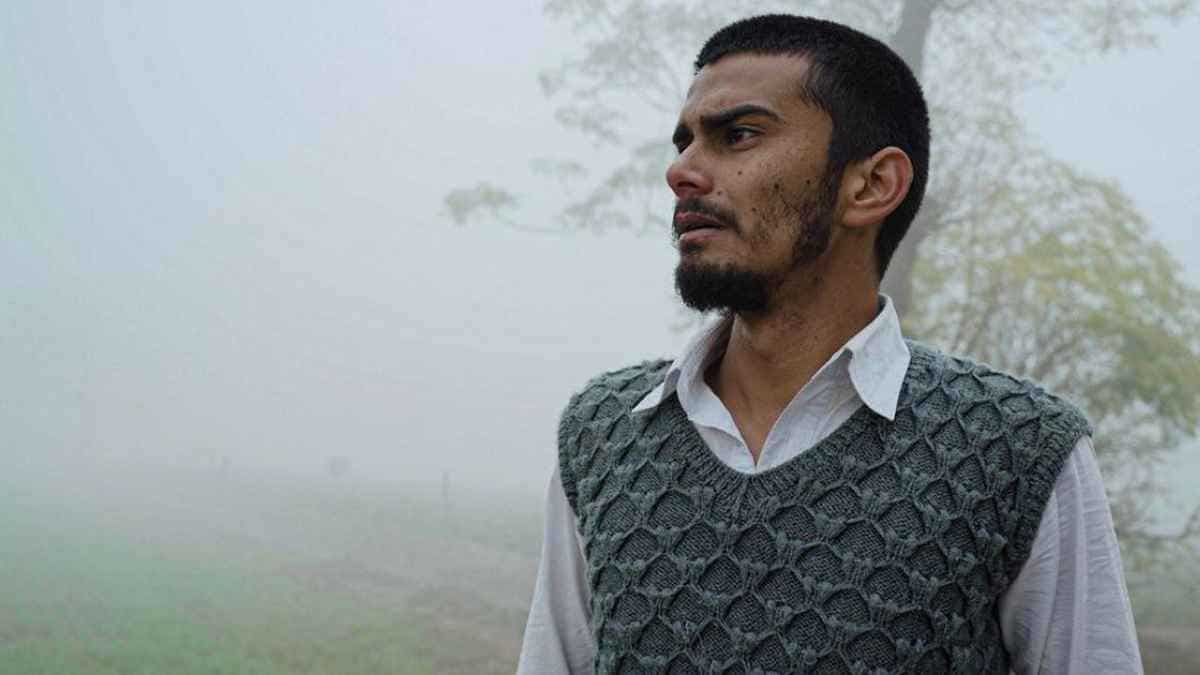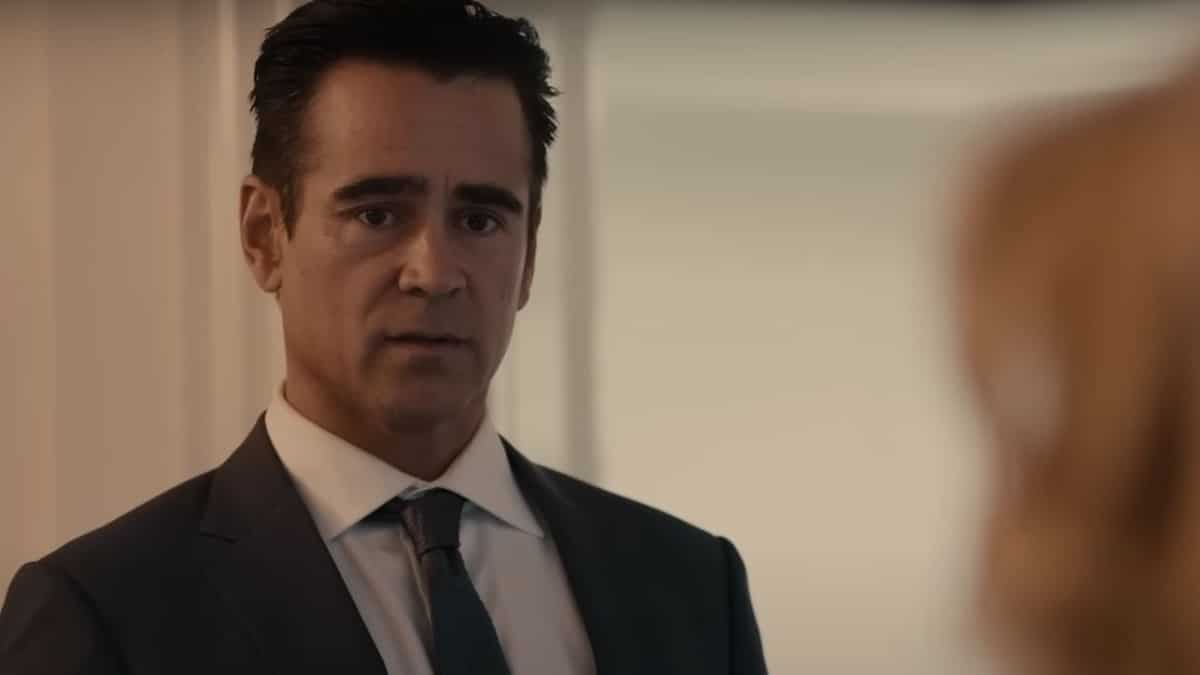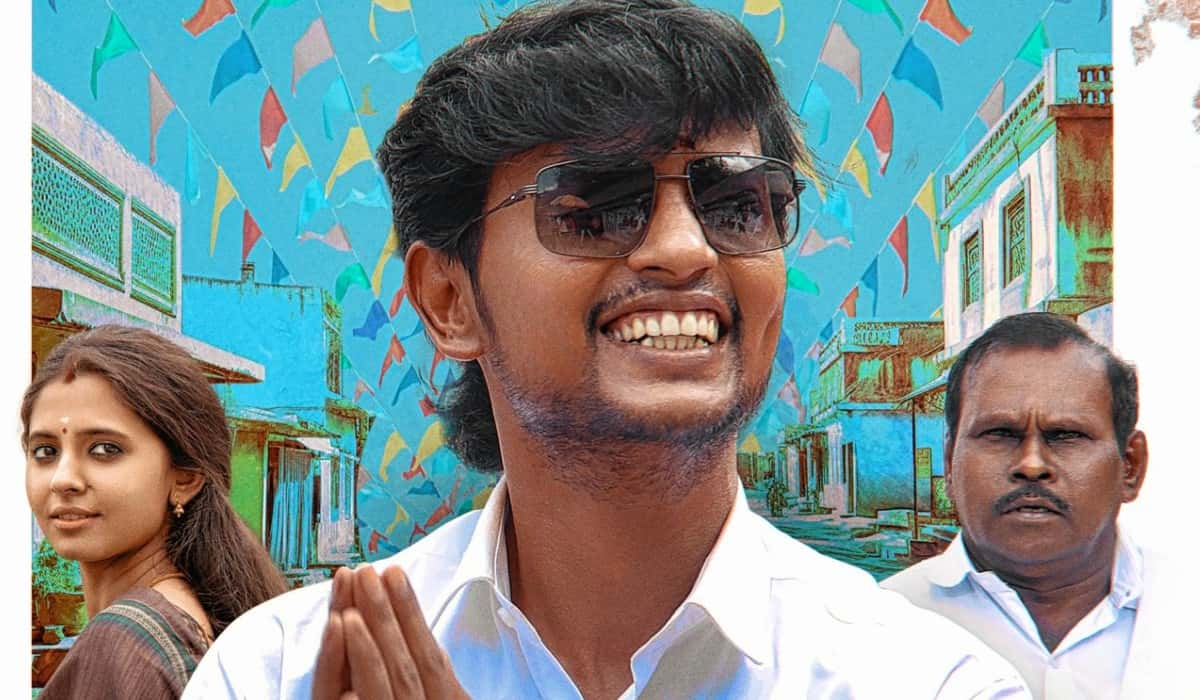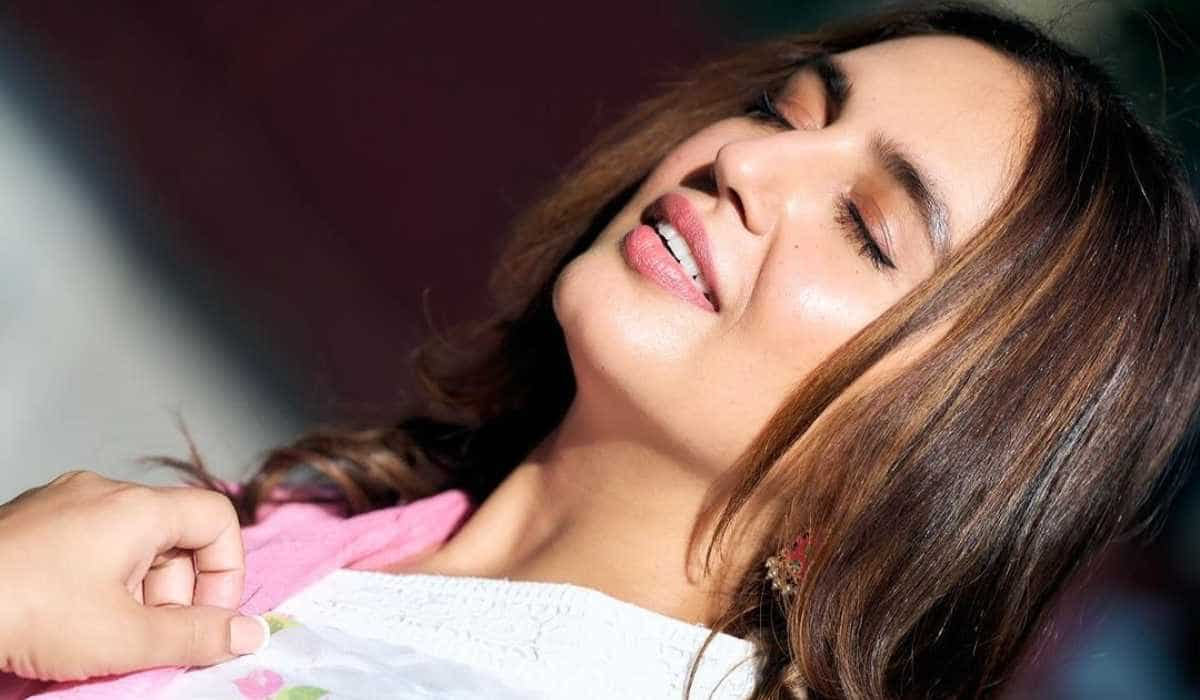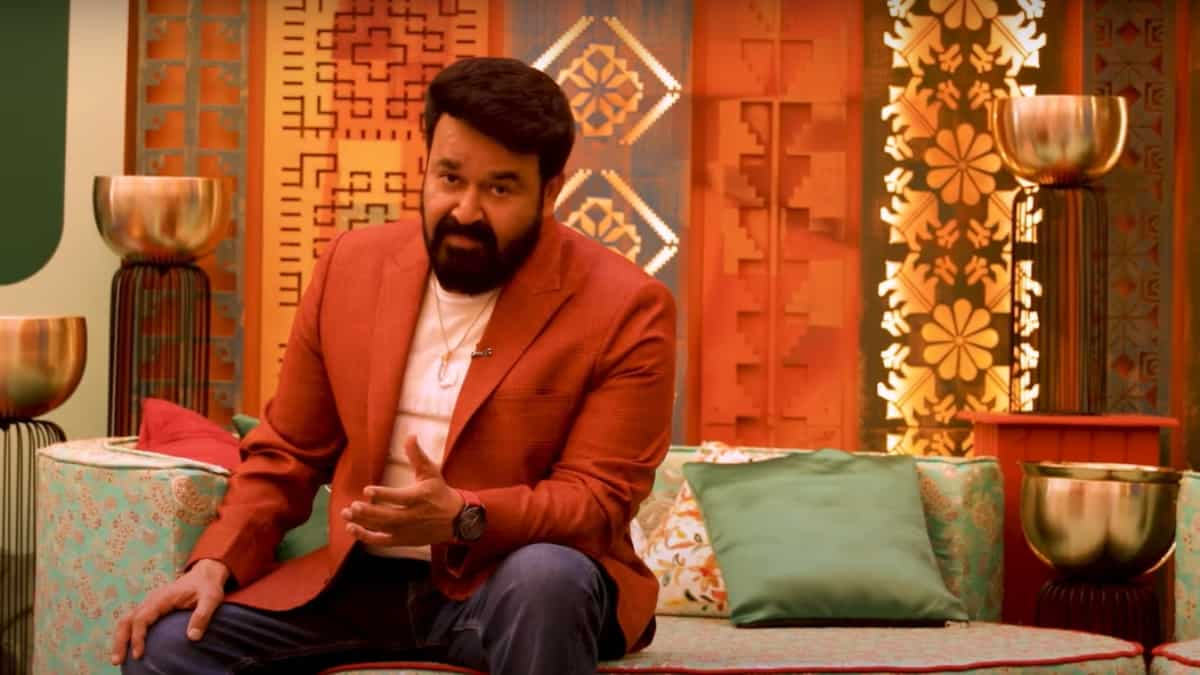
In The Summers review: Passage of time shapes this superb father-daughter drama
3 months ago | 5 Views
If you soaked up to the world of Charlotte Wells' Aftersun which released in 2022, about a young father and his teenage daughter's Turkish summer holiday, there are high chances that you would want to sit with a film like In The Summers. This is a tender and original film on its own accord, mounted like a confident haiku. At Sundance, the film was awarded the Grand Jury Prize as well as the directing award for Colombian American writer-director Alessandra Lacorazza. It is not hard to see why: it is just the kind of restrained, thoughtful queer coming-of-age drama that the world needs.
Like the best of films that add new space into the coming-of-age genre, In The Summers has that rooted cultural specificity that ultimately makes its thematic concerns universal. It is about growing up with a parent and then, growing apart. To try to know who was this person before he was my dad. Divided into four chapters, In The Summers revolves around two sisters Violeta and Eva, and their complicated relationship with Vincente which will take shape over the course of two decades, when both of them come down to spend the summer at Las Cruces, New Mexico with their dad. Over these four chapters, his daughters will find their own voice and reasons to survive the relationship with Vincente.
Vincente is played by René Pérez Joglar, who gives an arresting performance here, full of unsaid angst and misplaced rage. He loves his daughters but cannot prove himself to them, internally struggling with addiction and failed relationship(s). When Violeta and Eva are kids (played by Dreya Castillo and Luciana Elisa Quinonez), he is forgiven easily. They swim at the backyard of his home and learn to play pool. For the different stages in the film, Violeta and Eva are played by three different actors, but Vincente stays the same, and Joglar grasps hold of this person as someone who steadily begins to lose hope in himself. He is gradually decaying and disappearing from himself. It is devastating to watch.
The sharply mounted screenplay takes unhurried and layered turns with each new shift, just as Vincente's lust for life steadily deteriorates. Lacorazza acutely brings out the interpersonal dynamic between the two sisters with fine work from cinematographer Alejandro Mejía, while Violeta's queerness begins to take shape from an early age. Eva craves for the attention of her dad, but it is the defiance of Violeta that takes precedence. Violeta cuts her long hair short, and moves on to opt for more masculine clothes, always clad in shorts. Lacorazza signals these changes without attaching unnecessary burden on their dynamic. Yet, at some places, the attention becomes a little too restricted within its broad design, lacking the lived-in frankness of the first half.
Still, In The Summers bodes well up until the last moment, where Lío Mehiel (star of Mutt) and Sasha Calle play the eldest versions of Violeta and Eva. The damage is now irrevocable. Vincente cannot even remember that Violeta has already graduated when he asks about the last semester. It's a tender and devastating moment in a film that wishes to acknowledge parental neglect without any disdain. There's only so much a loved one can do to save a person. Their grief cannot be shared. Some scars remain forever.
Santanu Das is covering the Sundance Film Festival 2024 as part of the accredited press.
Read Also: jack whitehall settle down review: a chuckle here, a chuckle there, but just not enough

